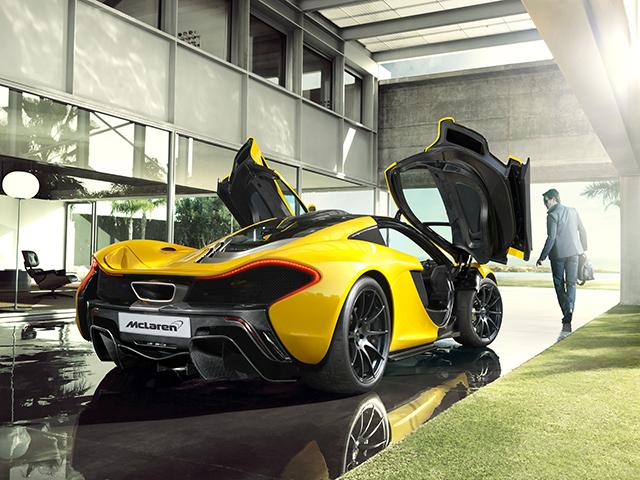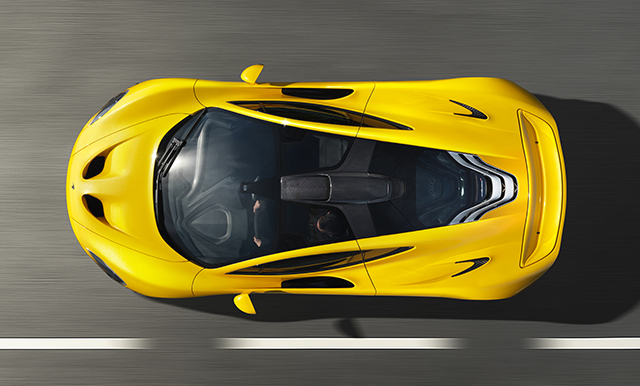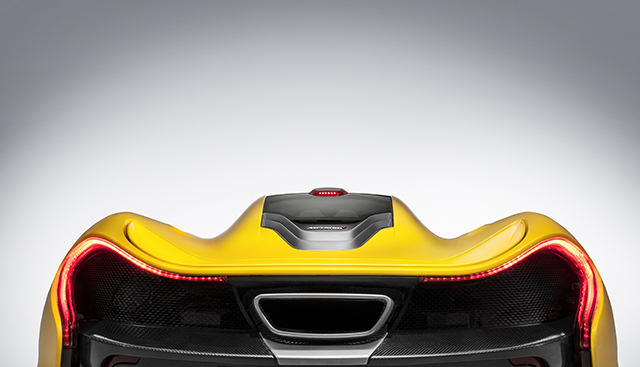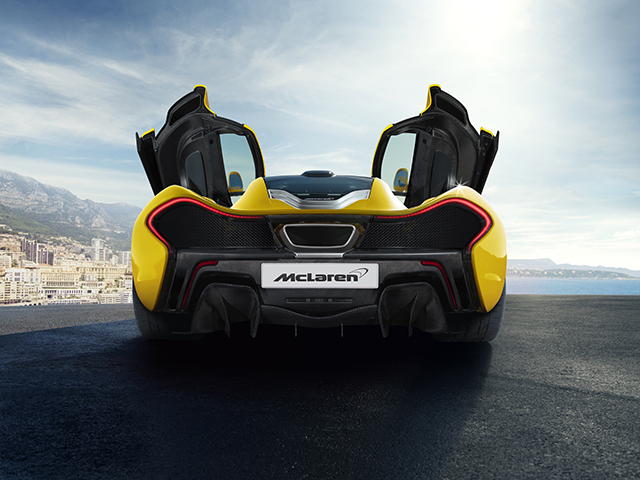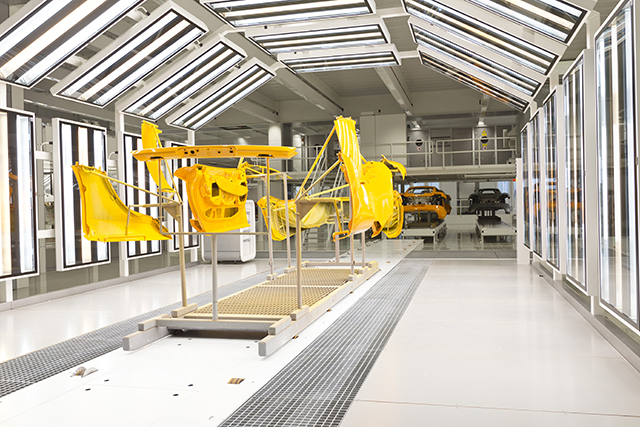McLaren's P1 Super Sportscar Is Rolling Out
/After successfully debuting their P1 Super Sportscar at last month's Geneva Auto Show, McLaren is getting ready to put the jaw-dropping machine into production with only 375 cars rolling out of the McLaren Technology Center. The 1.5 million dollar car is very much an engineering-led design, as is the McLaren way. Form follows function. Nothing is superfluous. Everything is designed for a reason. The mid-engine two-seater design reflects the aerodynamic requirements needed to meet the ambitious downforce target - but it's clear that the vehicle was made to be a beautiful and striking ‘supersports’ car.
Dan Parry-Williams, McLaren's Chief Design Engineer explained that his priority was "high-speed performance matched with tremendous composure, which would come mostly from the state-of-the-art aerodynamics. We wanted a car that was connected and predictable at any speed." The design team worked to a brief of ‘light and agile’. The design had to be ‘shrink wrapped’ around the mechanicals, making the car as compact and lightweight as possible.
Even the number of body panels – all made from lightweight carbon fiber – was kept to a minimum. The strong carbon construction means they can ‘multi-task’ – acting as aero-honed ducts and load-bearing supports. They are intricately shaped yet superbly finished, helped by their strong carbon construction, with only five main panels: front clamshell, front bonnet, rear clamshell and the doors.
The incredibly low rear and pronounced rear haunches highlight the ‘shrink wrapped’ design and efficient packaging. Importantly, the design gives superb airflow to the large adjustable rear wing. The shape of the whole body, and the sculpted doors in particular, are clearly shaped by the path of the air flowing over and around the car. The ‘shrink-wrapped’ design concept, including the low rear deck, rear wing, inlets and outlets, and teardrop-shaped glass canopy was initially produced as a three-dimensional surface model by Chief Design Engineer Parry-Williams, and his team, which defined all of the critical packaging and aerodynamic requirements.
This concept was evolved from current Le Mans car principles. This preliminary surfaces were developed and refined throughout the Concept Design process to create the final styled shape, while still respecting all of the aerodynamic, cooling, packaging and manufacturing requirements. During this phase, details of systems such as the roof snorkel engine air intake, radiator air intake systems, front underbody aerodynamics, ‘low temperature’ cooling system and engine bay cooling were all worked out in detail. This involved extremely intensive detail engineering design, aerodynamic CFD simulation for aero efficiency and cooling.
Parry-Williams explained that “an early mule prototype was built during this phase to prove out the simulation results, while the design was still fluid. Developing the design to this point before the styling process was essential in order to achieve the incredible compactness, aerodynamic performance and overall design integrity.”
Working closely with Parry-Williams, Design Director Frank Stephenson wanted a car that was ‘striking but also functional, a real statement of intent. I wanted a genuinely beautiful and dramatically honest “supersports” car, in keeping with the heritage of McLaren but also at the forefront of automotive design.
The McLaren Technology Center located in Woking, Surrey, England
"The engineering priority was unmatched aerodynamic performance. My role as a designer was to make it look dramatic and beautiful. I wanted it to look like a Le Mans racer with that low body, long rear deck and open mesh rear styling to put the mechanicals on view and to help cooling," says Stephenson. "Plus there is the most aggressive rear diffuser ever seen on a road car. Like everything on the McLaren P1, it’s there for a good reason.
The P1 Super Sportscar rolling out of McLaren's Technology Center
